Home>Garden Essentials>How Long Does It Take For Sunflower To Germinate
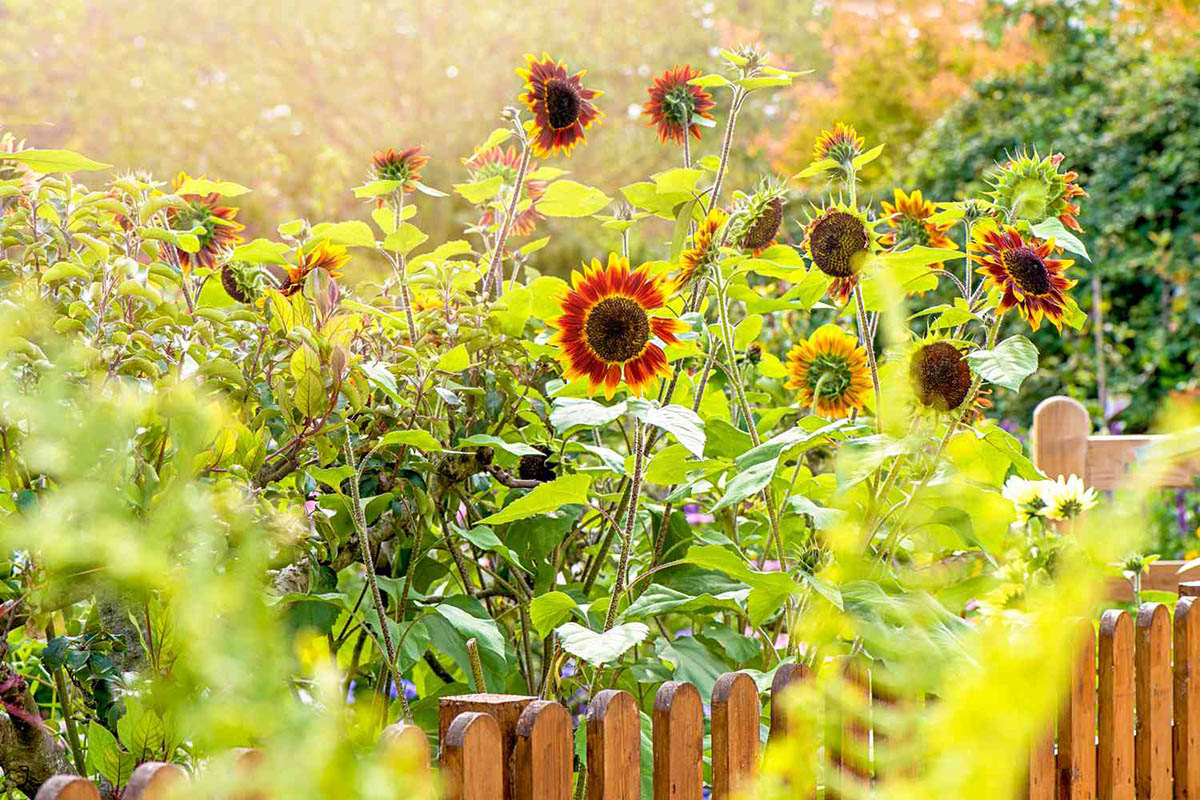

Garden Essentials
How Long Does It Take For Sunflower To Germinate
Modified: October 18, 2024
Learn how long it takes for sunflower seeds to germinate in your garden. Get expert tips on maximizing germination success and growing vibrant sunflowers.
(Many of the links in this article redirect to a specific reviewed product. Your purchase of these products through affiliate links helps to generate commission for Storables.com, at no extra cost. Learn more)
Introduction
Welcome to the world of gardening! If you’re a beginner or seasoned gardener looking to add a touch of sunshine to your backyard, sunflowers are an excellent choice. Not only are they stunningly beautiful, but they also symbolize happiness and positivity. They are incredibly versatile plants, suitable for large gardens or even small containers.
One of the most exciting stages in the life cycle of a sunflower is germination. It’s the process by which a new plant begins to grow from a seed. Understanding the factors that influence sunflower germination and the optimal conditions for this process is essential to ensure successful growth.
In this article, we’ll explore the duration of sunflower germination and the various factors that can affect it. We will also provide you with tips and tricks to speed up the germination process and troubleshoot any problems you may encounter along the way.
Key Takeaways:
- Sunflower seeds typically germinate within 7 to 14 days, but factors like temperature and moisture can affect the process. Providing optimal conditions and care can speed up germination.
- To speed up sunflower germination, soak seeds in warm water, provide ample light, and use a seed starting mix. Monitoring progress and addressing common problems can ensure successful growth.
Factors Affecting Sunflower Germination
Several factors can influence the germination process of sunflower seeds. Understanding these factors will help you create the optimal conditions for successful germination. Let’s take a closer look at the key factors:
- Temperature: Sunflowers prefer warm temperatures for germination, around 70 to 85 degrees Fahrenheit (21 to 29 degrees Celsius). Cooler temperatures may delay or inhibit germination, while excessively high temperatures can be detrimental to the seeds.
- Moisture: Adequate moisture is crucial for sunflower seeds to germinate. Seeds need to absorb water, which triggers the germination process. However, excessive water can lead to seed rot or fungal diseases. It’s essential to maintain a balance by providing enough moisture without overwatering.
- Soil Quality: The quality of the soil plays a vital role in sunflower germination. Well-draining soil with a pH level of 6.0 to 7.5 is ideal for optimal growth. Avoid compacted soil or heavy clay, as they can hinder the germination process.
- Oxygen: Like all plants, sunflower seeds require oxygen for proper germination. Ensure that the soil is loose and well-aerated to allow for sufficient oxygen exchange.
- Seed Quality: The quality and viability of the sunflower seeds directly impact germination. Make sure to purchase your seeds from reliable sources that offer high-quality, fresh seeds.
- Seed Depth: Sunflower seeds should be planted at an appropriate depth. A general rule of thumb is to sow the seeds at a depth of 1 to 1.5 inches (2.5 to 3.8 centimeters) in loose soil.
- Light: While most seeds require darkness to germinate, sunflower seeds are an exception. They benefit from exposure to light during germination. Ensure that they receive adequate light to promote healthy sprouting.
- Seed Scarification: Some sunflower varieties have hard seed coats that may benefit from scarification. Scarification involves gently scratching or nicking the seed coat to help water penetrate and trigger germination.
By considering and optimizing these factors, you’ll greatly increase the chances of successful sunflower germination. Creating the ideal environment for your sunflower seeds to sprout can be a rewarding experience and the start of a beautiful garden.
Optimal Conditions for Sunflower Germination
Creating the optimal conditions for sunflower germination is crucial to ensure successful sprouting and healthy growth. Let’s delve into the key factors and conditions that will support the germination process:
- Temperature: Sunflowers thrive in warm temperatures. The optimal temperature range for germination is between 70 and 85 degrees Fahrenheit (21 to 29 degrees Celsius). Maintaining a consistent temperature within this range helps speed up germination.
- Moisture: Adequate moisture is essential for sunflower seeds to germinate. Before planting, pre-soak the seeds in water for 12 to 24 hours. This helps soften the seed coat and aids in moisture absorption. Keep the soil consistently moist throughout the germination process, but avoid overwatering to prevent rotting.
- Soil Quality: Sunflowers prefer well-draining soil that is rich in organic matter. Prepare the soil by loosening it with a garden fork or tiller to improve water infiltration and root development. Adding compost or well-rotted manure helps improve soil fertility and drainage.
- Light: Sunflower seeds require exposure to light to germinate successfully. When planting the seeds, ensure they are placed on the soil surface or lightly covered with a thin layer of soil. Avoid burying them too deep, as this can hinder germination.
- Seed Scarification: Some sunflower varieties have hard seed coats that may benefit from scarification. Gently rub the seeds with sandpaper or nick the seed coat with a knife to help water penetrate and initiate germination.
- Seed Spacing: Sunflowers are known for their impressive height and wide spread. Allow ample space between seeds when planting to accommodate their mature size. Aim for a spacing of around 18 to 24 inches (45 to 60 centimeters) between plants to ensure adequate airflow and sunlight absorption.
- Mulching: Applying a layer of organic mulch, such as straw or wood chips, around the seedlings can help conserve moisture, regulate soil temperature, and suppress weed growth. Be mindful not to bury the emerging seedlings under a thick layer of mulch.
- Pest and Disease Control: Keep an eye out for common pests and diseases that may affect sunflower germination and growth. Protect seedlings from pests by using natural methods or organic pest control options. Regularly inspect the plants for any signs of disease and treat accordingly.
By providing these optimal conditions, you are giving your sunflower seeds the best chance to thrive. Remember to monitor the germination progress, water consistently, and provide necessary care as they sprout and grow into magnificent sunflower blooms.
Germination Process of Sunflower Seeds
Understanding the germination process of sunflower seeds is essential to know what to expect and how to support the growth of your plants. The germination process can be divided into several stages:
- Seed Preparation: Before sowing sunflower seeds, it’s beneficial to prepare them for germination. Soaking the seeds in water for 12 to 24 hours can help soften the seed coat and encourage faster germination.
- Seed Swelling: After soaking, the seeds begin to take in water, causing them to swell and increase in size. This process prepares the seed for the next stage of germination.
- Activation of Enzymes: Moisture triggers the activation of enzymes within the seed. These enzymes break down stored nutrients, such as proteins and starches, into simpler forms that the emerging seedling can absorb and use for growth.
- Root Development: Once the enzymes are activated, the seed begins to send out a primary root known as the radicle. The radicle grows downward into the soil, anchoring the seedling and absorbing nutrients and water from the surrounding soil.
- Shoot Emergence: As the primary root develops, the shoot emerges from the seed, seeking the light above the soil surface. The shoot consists of a stem and embryonic leaves, known as cotyledons.
- Photosynthesis: Once the shoot emerges, the cotyledons begin to play a crucial role in photosynthesis. They capture sunlight and convert it into energy, providing the necessary fuel for the emerging seedling’s growth.
- Development of True Leaves: As the sunflower seedling continues to grow, the cotyledons eventually wither away, making room for the development of the true leaves. These leaves resemble the mature leaves of the sunflower plant and serve as the primary site for photosynthesis.
- Continued Growth: With the establishment of roots, shoot, and true leaves, the sunflower seedling is now prepared to continue its growth journey. With proper care and ideal growing conditions, the seedling grows into a robust sunflower plant, eventually producing its iconic bright yellow flowers.
Understanding the germination process helps you assess the progress of your sunflower seeds and ensure they are on the right track. By providing the optimal conditions and necessary care during each stage, you can support the healthy growth and development of your sunflower plants.
Sunflower seeds typically germinate within 7 to 10 days when planted in well-drained soil and provided with adequate sunlight and water. Keep the soil consistently moist but not waterlogged for best results.
Expected Germination Time for Sunflower Seeds
While the germination time for sunflower seeds can vary depending on various factors, including the cultivar, growing conditions, and seed quality, generally, you can expect sunflower seeds to germinate within 7 to 14 days. However, it’s important to note that some seeds may sprout earlier, while others may take slightly longer.
The germination process of sunflower seeds begins with seed swelling and progresses through root development, shoot emergence, and the growth of true leaves. As the seeds absorb moisture and activate enzymes, they undergo internal changes that eventually lead to the emergence of the seedling.
Factors that can influence the germination time include the temperature, moisture levels, soil quality, and the viability of the seeds. Providing optimal conditions, such as a warm temperature range of 70 to 85 degrees Fahrenheit (21 to 29 degrees Celsius) and consistent moisture levels, can help expedite the germination process.
Additionally, it’s important to consider the difference between direct sowing and starting seeds indoors. When sowing directly in the garden, the germination time may be slightly longer due to cooler soil temperatures and unpredictable weather conditions. Starting seeds indoors and then transplanting the seedlings can give you a head start and shorten the overall germination time.
Monitoring and documenting the germination time of your sunflower seeds can provide valuable insights for future planting cycles, allowing you to better plan and optimize your gardening experience. Remember to be patient and provide the necessary care and conditions throughout the germination process to ensure the successful growth of your sunflower plants.
Tips for Speeding up Sunflower Germination
If you’re eager to see your sunflower seeds sprout quickly, there are several tips and techniques you can employ to speed up the germination process. While germination time can vary, implementing these strategies can give your seeds a head start:
- Pre-soak the seeds: Before planting, soak the sunflower seeds in water for 12 to 24 hours. This helps soften the seed coat, allowing for faster water absorption and initiation of germination.
- Use warm water: Soak the sunflower seeds in warm water, around 70 to 85 degrees Fahrenheit (21 to 29 degrees Celsius). Warm water can help kickstart the germination process more quickly than cold water.
- Scarify the seeds: Some sunflower varieties have hard seed coats that may benefit from scarification. Gently nick the seed coat with a knife or rub the seeds with sandpaper to break the seed coat and promote faster water absorption.
- Provide optimal temperature: Maintain a warm temperature range of 70 to 85 degrees Fahrenheit (21 to 29 degrees Celsius) to create favorable conditions for germination. Use heat mats or place the seeds near a heat source to provide consistent warmth.
- Moisture control: Ensure the soil remains consistently moist but not overly wet during germination. Check the moisture levels regularly and water as needed. Avoid letting the soil dry out, as it can hinder germination.
- Use a seed starting mix: Using a sterile seed starting mix can provide a favorable environment for germination. These mixes are well-draining and provide the ideal balance of moisture and nutrients for the seeds to sprout.
- Provide ample light: Sunflower seeds benefit from exposure to light during germination. Ensure they receive adequate light by placing them near a bright window or using grow lights. Be careful not to expose them to intense, direct sunlight, which can scorch the tender seedlings.
- Protect from cold weather: If you’re sowing sunflower seeds early in the season when temperatures are still cool, consider using protective covers, such as cloches or row covers, to create a warmer microclimate around the seeds.
- Use a germination dome: Placing a clear plastic dome or plastic wrap over the pots or trays can create a mini greenhouse effect, trapping moisture and warmth to accelerate germination.
- Thin out seedlings: If multiple seeds germinate in the same container, thin out the weaker seedlings to allow the stronger ones to receive adequate nutrients and space for healthy growth.
By implementing these tips and techniques, you can give your sunflower seeds the best chance of germinating quickly and successfully. Remember to monitor the progress, provide the necessary care, and enjoy the exciting journey of watching your sunflower seeds sprout and grow into magnificent plants.
Common Problems and Solutions in Sunflower Germination
While sunflower germination is usually a straightforward process, certain issues can arise. Here are some common problems that may occur during sunflower germination and the solutions to help overcome them:
- Poor germination: If you notice low or inconsistent germination rates, it may be due to factors such as old or low-quality seeds. Ensure that you’re using fresh, viable seeds from a reputable source. Pre-soaking seeds, scarification, and providing optimal growing conditions can also improve germination rates.
- Fungal diseases: Excessive moisture or poorly drained soil can lead to fungal diseases such as damping-off, which can cause seedlings to wilt and die. To prevent this, ensure proper drainage, avoid overwatering, and provide good air circulation around the seedlings. Additionally, using sterile soil or seed-starting mix can minimize the risk of fungal infections.
- Damping-off: Damping-off is a fungal disease that can cause seedlings to rot at the soil line. To prevent damping-off, ensure that containers and tools are sanitized before use, use sterile soil, and avoid overwatering. Providing good air circulation and thinning out overcrowded seedlings also help prevent this problem.
- Seedling stretching: If your seedlings appear tall, spindly, and weak, it’s a sign that they are stretching due to inadequate light. Ensure that the seedlings receive sufficient light by placing them near a bright window or using grow lights. Adjust the lights to maintain a distance of 2-4 inches (5-10 centimeters) above the seedlings to promote sturdy growth.
- Pests: Seeds and young seedlings can be vulnerable to pests such as snails, slugs, and birds. Protect the seeds by using physical barriers like netting or chicken wire. Removing garden debris and maintaining cleanliness in the garden can also reduce pest populations. If necessary, use organic pest control methods to manage pests effectively.
- Extreme temperatures: Sunflower seeds prefer warm temperatures for germination. If the ambient temperature is too low or fluctuating greatly, it can negatively impact germination. Consider starting seeds indoors or using protective covers to create a warmer microclimate if temperatures are not optimal.
- Seed rot: Excessive moisture and poor drainage can lead to seed rot. To prevent this, ensure that containers have drainage holes and use well-draining soil. Avoid overwatering, and if using a tray or pot without drainage holes, be cautious not to let water pool at the bottom.
- Seedling transplant shock: If you’re transplanting sunflower seedlings, they may experience shock or stress during the transition. To minimize transplant shock, handle the seedlings carefully, water them before and after transplantation, and provide shade or protection from direct sunlight for a few days until they adjust to their new environment.
By being aware of these common problems and their solutions, you can troubleshoot any issues that may arise during sunflower germination. Remember to provide optimal growing conditions, practice good sanitation, and monitor your seedlings regularly for signs of problems. With proper care and attention, you’ll ensure the successful growth of your sunflowers.
Conclusion
Sunflowers, with their vibrant colors and impressive stature, are a delightful addition to any garden or landscape. Understanding the germination process and providing the optimal conditions can greatly contribute to the success of your sunflower plants. By considering factors such as temperature, moisture, soil quality, and light, you can create an environment that encourages quicker and healthier germination.
Throughout this article, we’ve covered important aspects of sunflower germination, including factors that affect it, optimal conditions to promote growth, the germination process itself, expected germination time, and tips for speeding up the process. We’ve also discussed common problems that may arise during germination and offered solutions to overcome them.
Remember, every sunflower seed has the potential to grow into a magnificent plant. By providing care, proper conditions, and addressing any challenges that may arise, you can ensure the successful germination and growth of your sunflower seeds.
So, whether you’re a beginner gardener eager to see those sunny blooms or an experienced enthusiast looking to enhance your garden’s beauty, sunflowers are a fantastic choice. Enjoy the process of planting, germinating, and nurturing these cheerful flowers, and before you know it, you’ll be basking in the radiant glow of your very own sunflower paradise.
Embrace the joy, happiness, and positivity that sunflowers bring, and let their growth and beauty brighten up your gardening journey. Happy germinating!
Frequently Asked Questions about How Long Does It Take For Sunflower To Germinate
Was this page helpful?
At Storables.com, we guarantee accurate and reliable information. Our content, validated by Expert Board Contributors, is crafted following stringent Editorial Policies. We're committed to providing you with well-researched, expert-backed insights for all your informational needs.
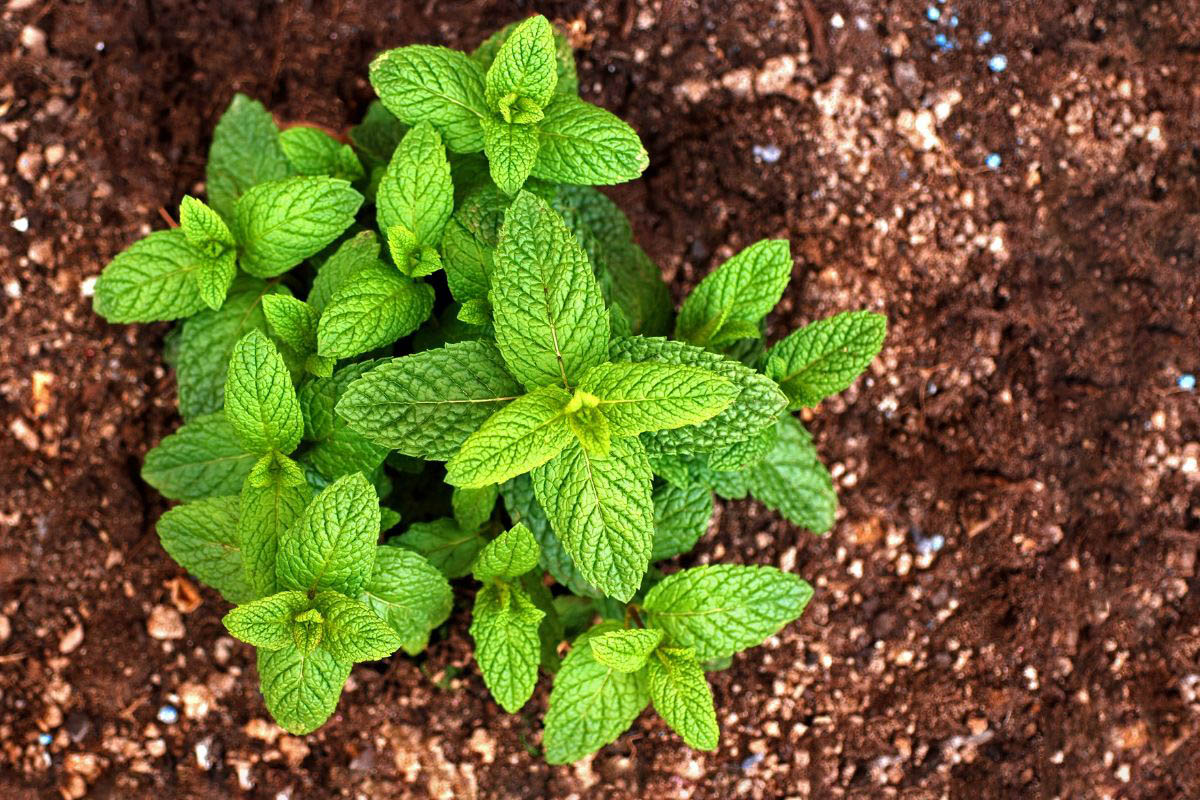
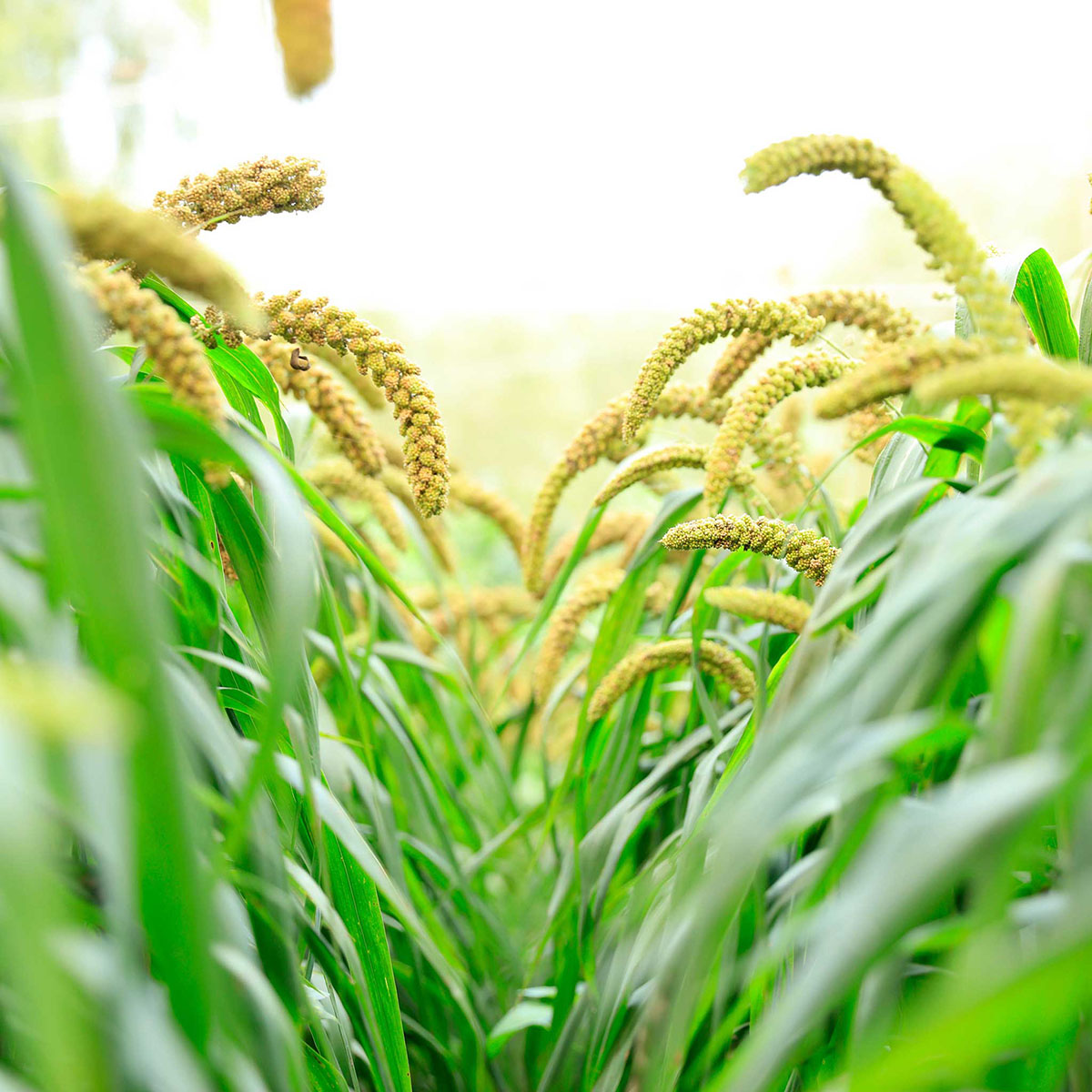


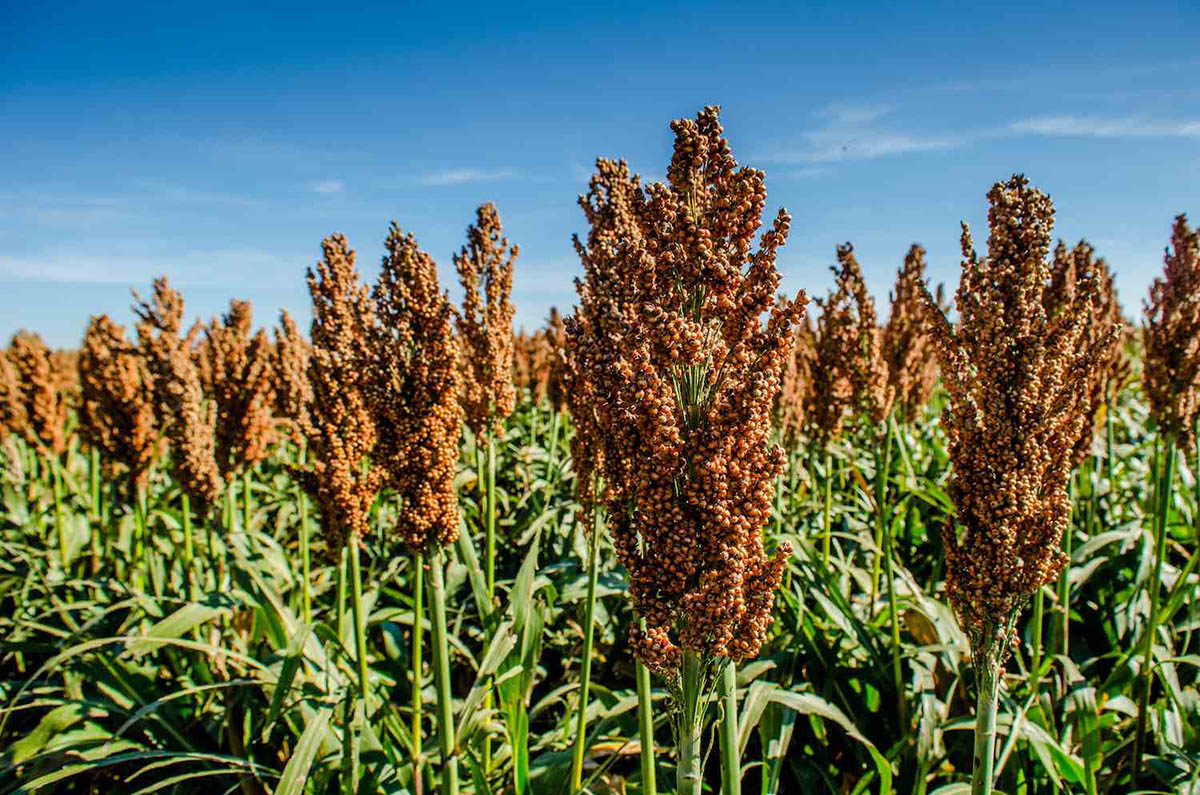


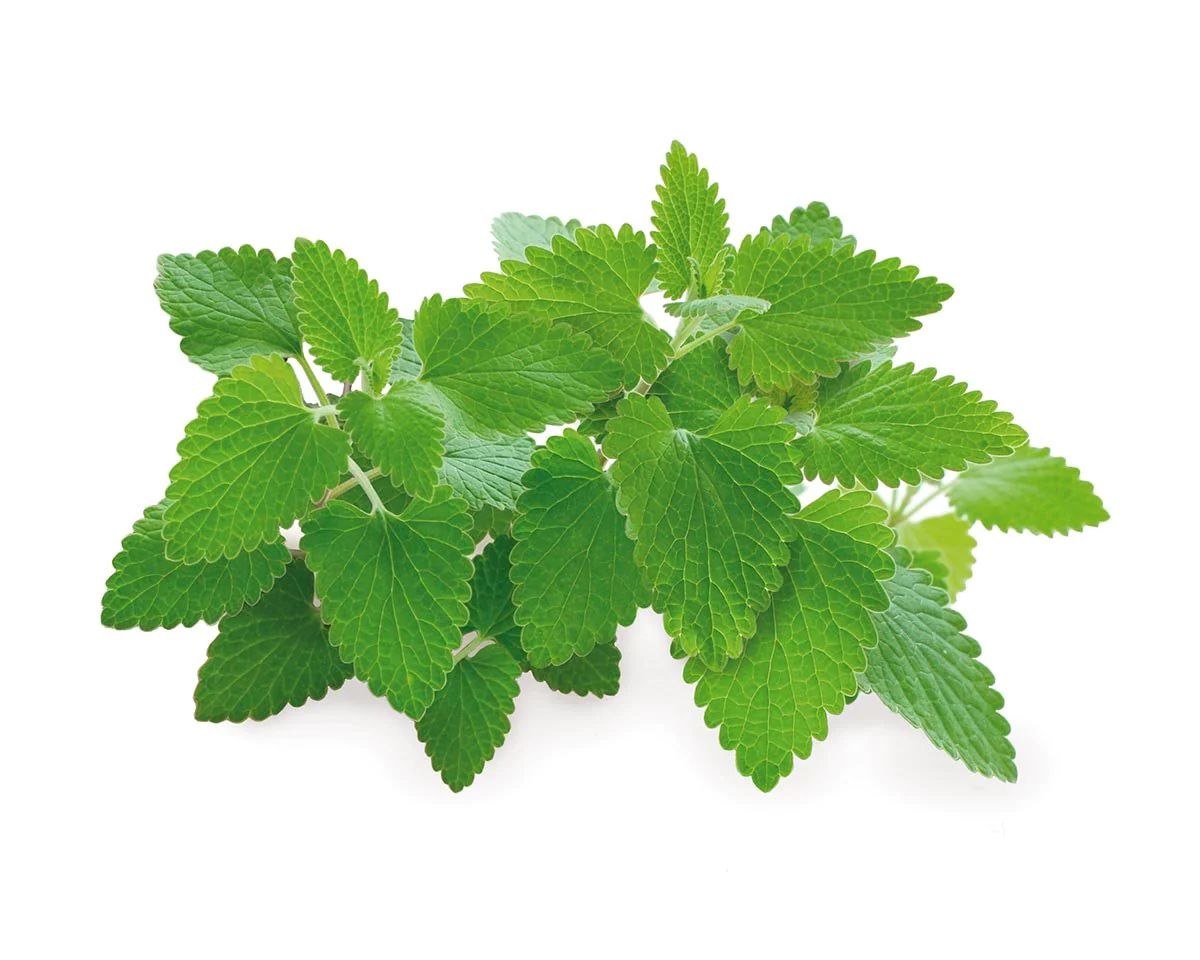
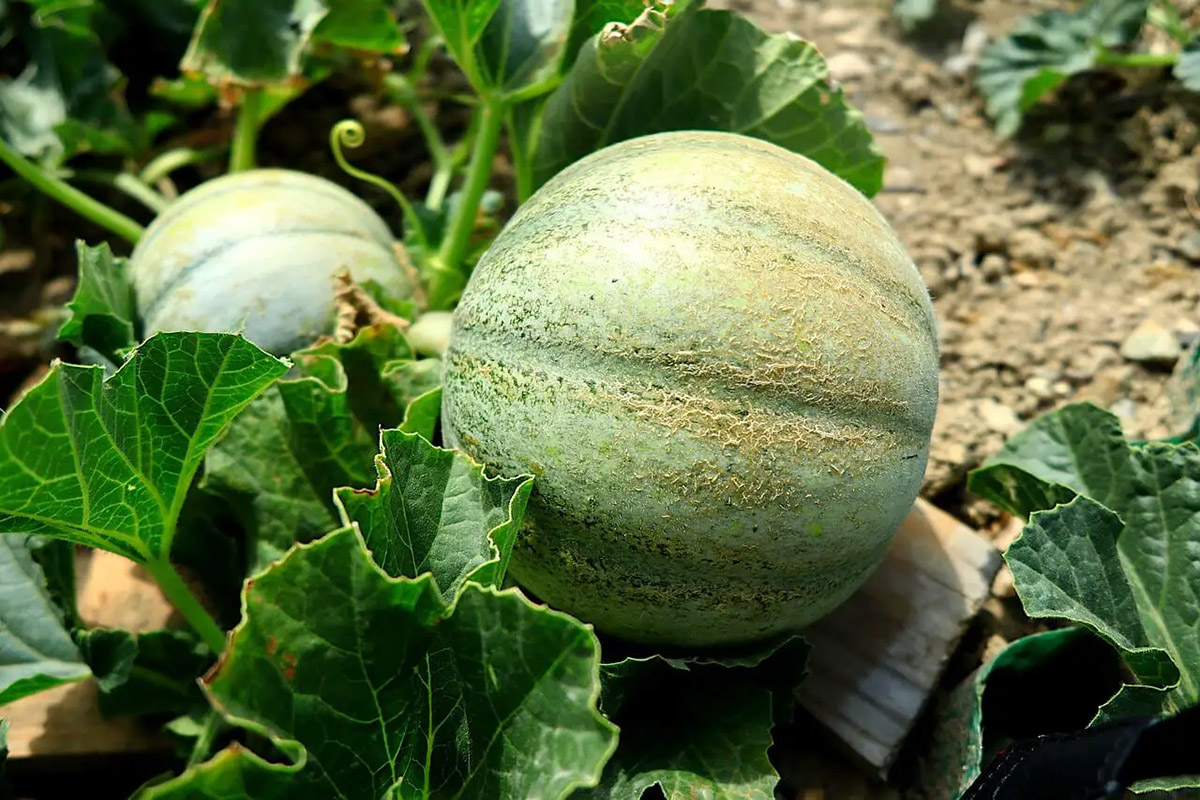
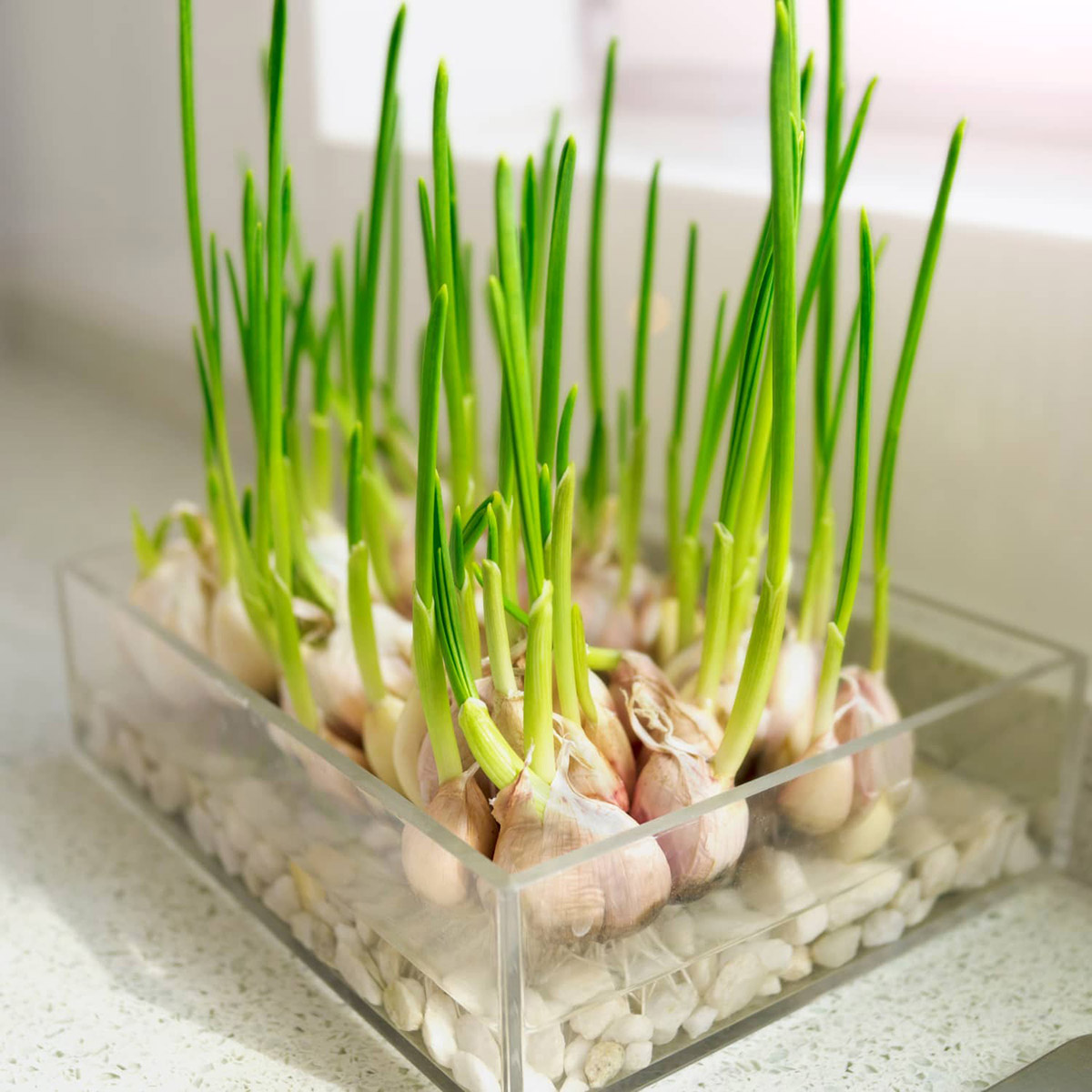

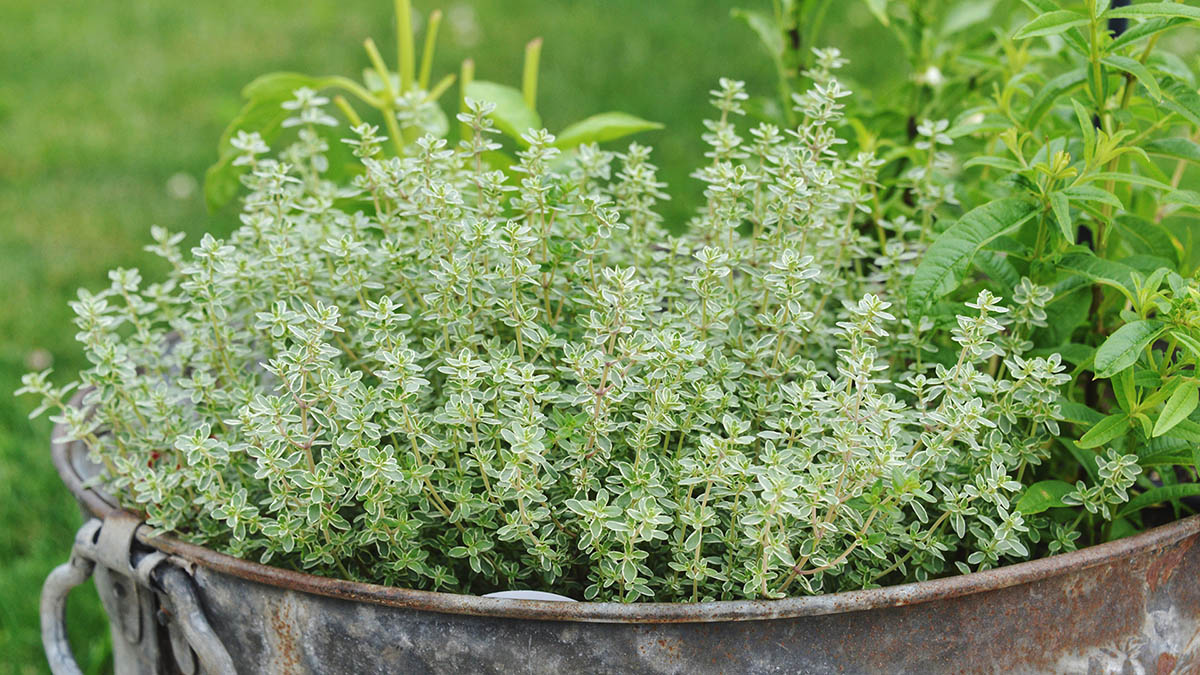
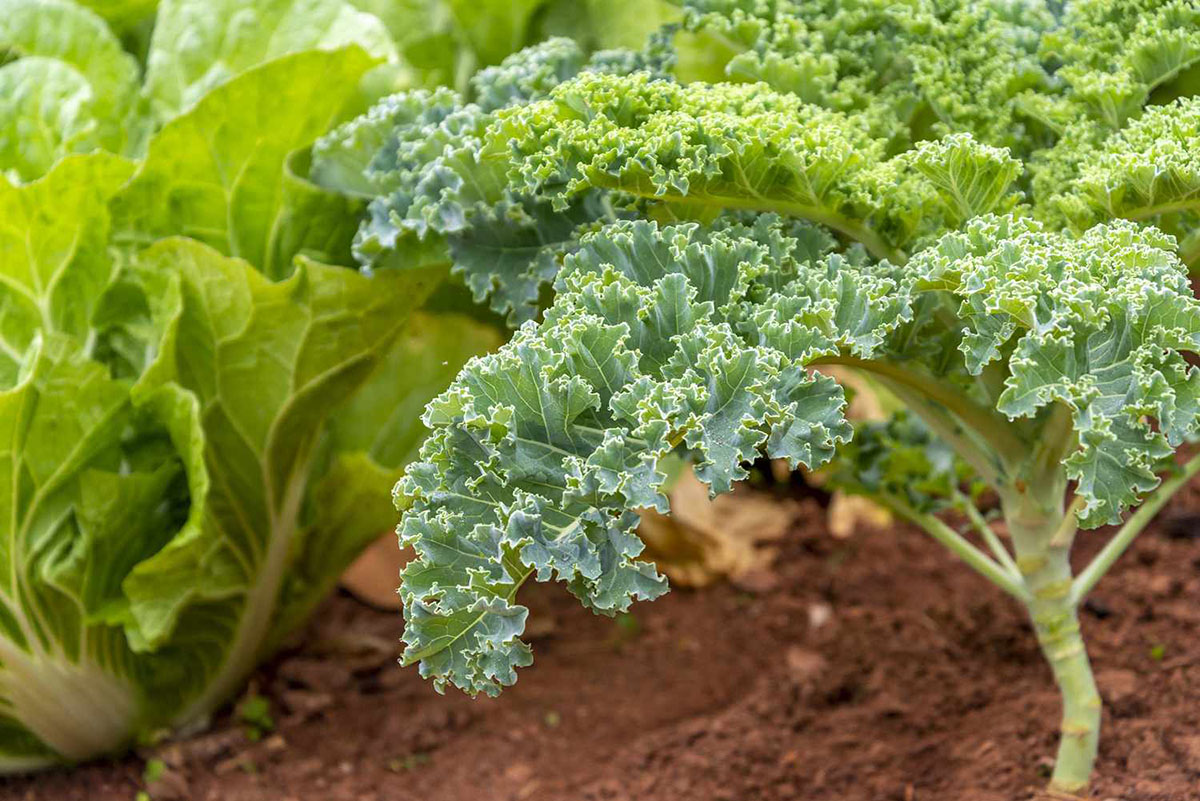
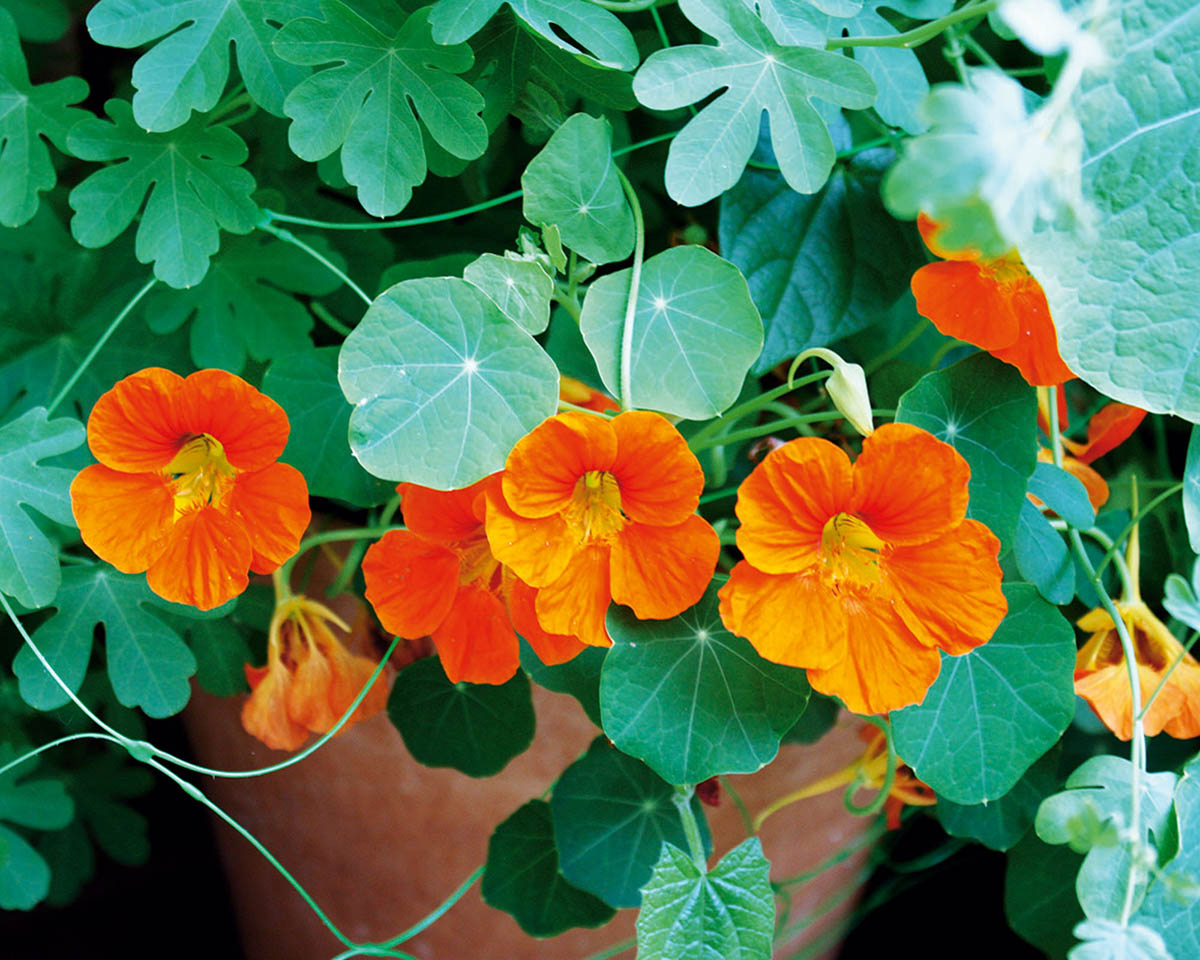

0 thoughts on “How Long Does It Take For Sunflower To Germinate”